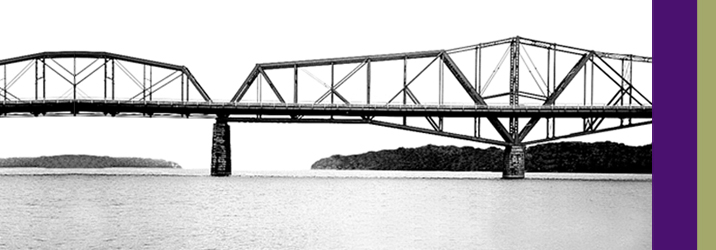
Sewer Back Up
Sewer Back Up | Prevention Tips
A small sewer back-up can be a big concern for a homeowner. Here are some helpful tips to prevent or minimize the effects of most sewer back-up damage.
Indoor
- Check your walls, floors, windows, and foundations for leaks after a heavy rainfall or a rapid thaw. If you see leaks have them repaired
- Get a professional to install or inspect a sewer back-up prevention valve, a sump pump with a reliable power back-up, clear drains of roots or obstructions, service your septic system and ensure your drain systems are working properly
- Remember that sewer back-up prevention valves need to be cleaned annually
- Consider that sump pumps wear out and have an average life of 10-15 years. If you need a replacement use a higher horsepower sump pump with a dedicated outlet
- Do not pour grease down the drain or flush objects down the toilet to help keep your drains free of obstruction
- Repair or replace damaged weeping tile systems
- Purchase a generator for use in the event of a power failure
- Store items in plastic storage containers on raised shelving
- Store important documents and irreplaceable personal objects (e.g. photographs) where they will not be damaged
- Contact your municipal offices to inquire about possible subsidized programs for eligible homeowners
Outdoor
- Clear eavestroughs and downspouts of leaves debris at least once a year – late fall is a good time
- Make sure your downspouts are draining properly – ideally 6 feet away from your home
- Disconnect downspouts draining directly into the sewer, and extend them 6 feet from your home
- Consider soft surface landscaping to allow storm water to soak into the ground rather than run
- directly into the local sewer systems (e.g. increase sodded areas, porous pavements)
- Be sure the grading around your home drains water away from all exterior walls
- Arrange to have someone check your property if you are going to be away from home for more than 3 days
- Consider the installation of rain barrels
What to do in the event of a sewer back-up
- Your own safety is your first concern
- Don’t do anything unless its safe to do so
- Avoid contact with human waste, dirty water or electrical hazards
- Turn off electrical power to the affected area, unplug and remove electrical appliances
- Move furniture or place it on raised blocks to prevent further damage
If sewer back-up damage occurs contact your insurance broker
